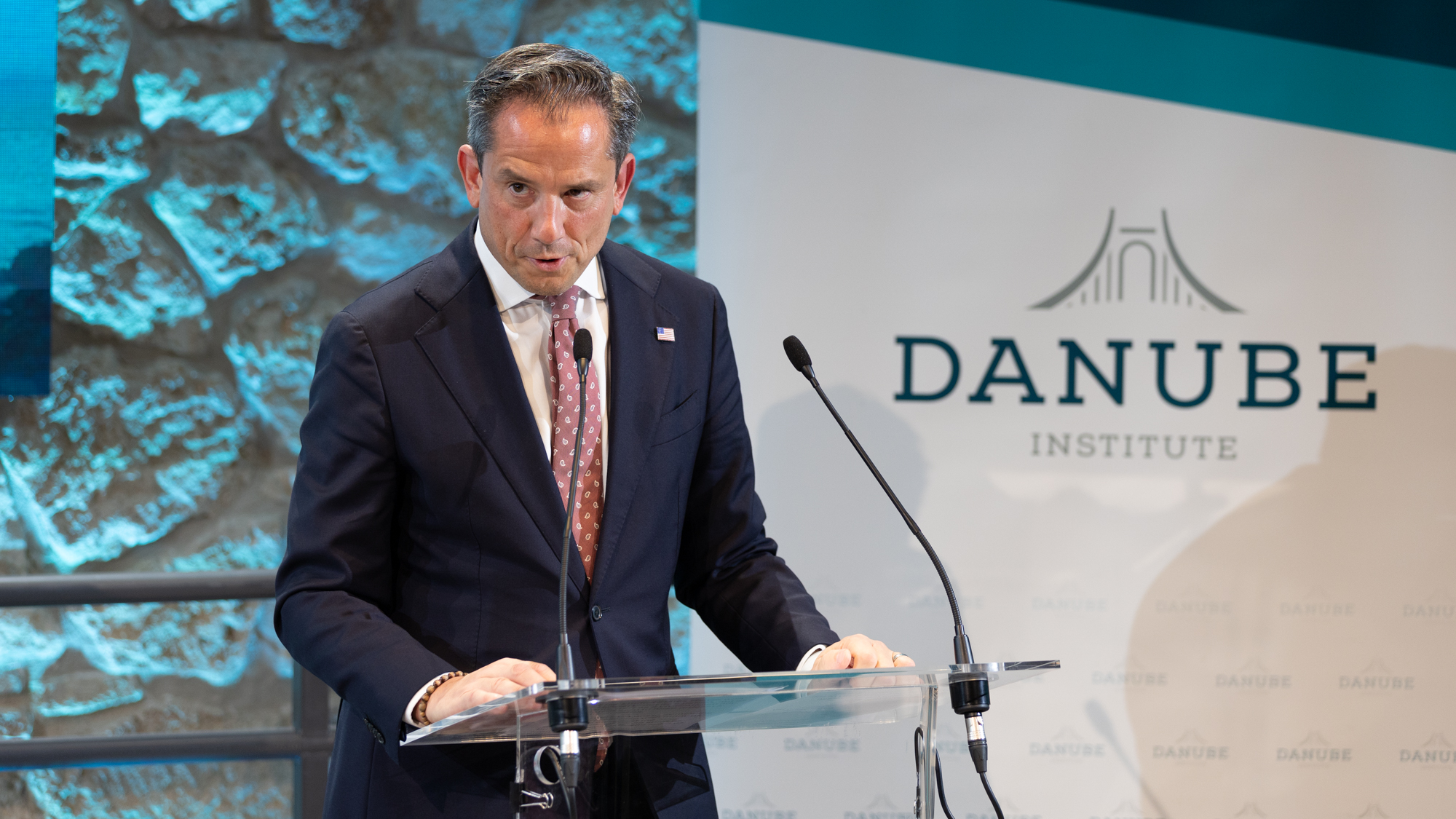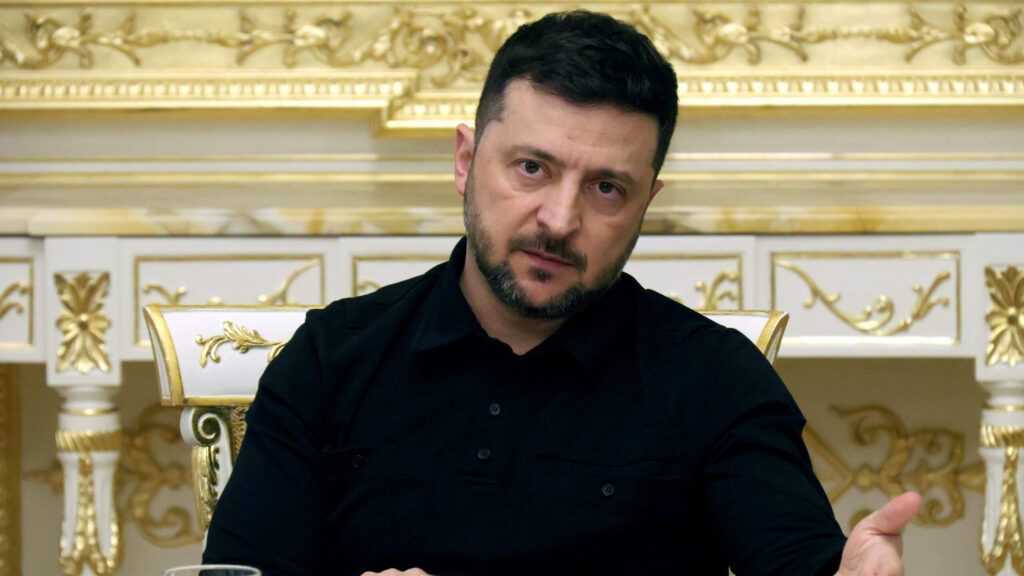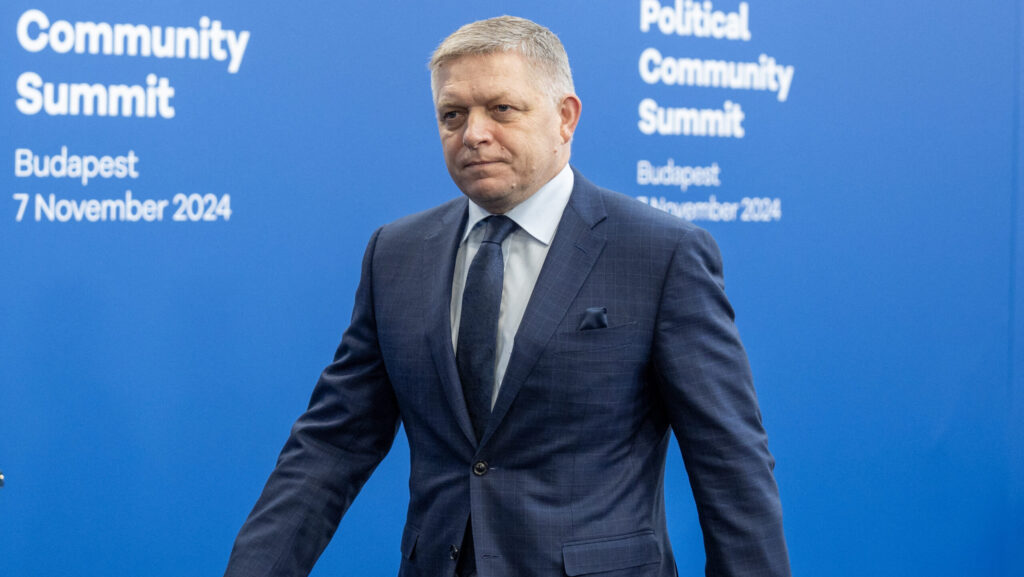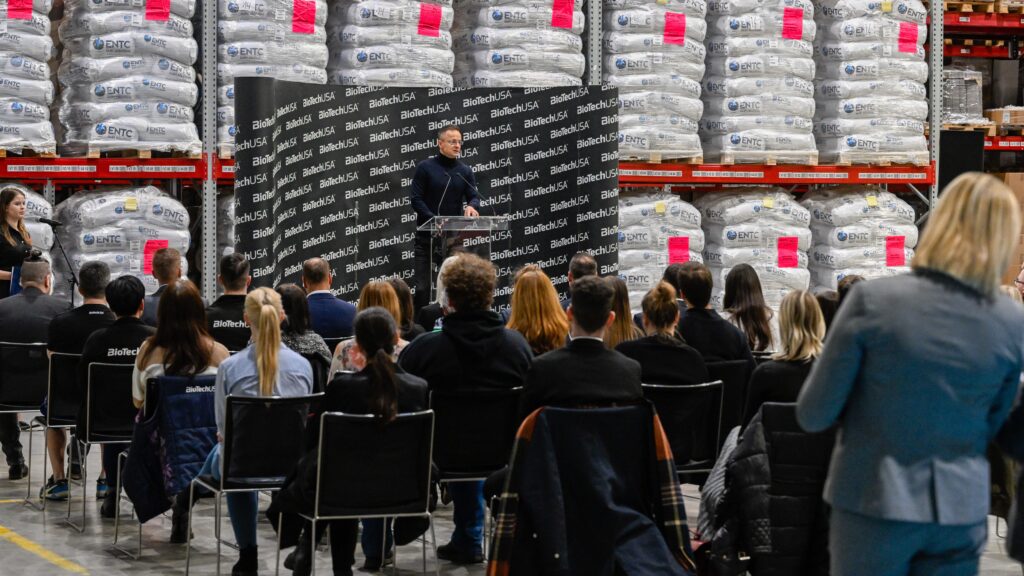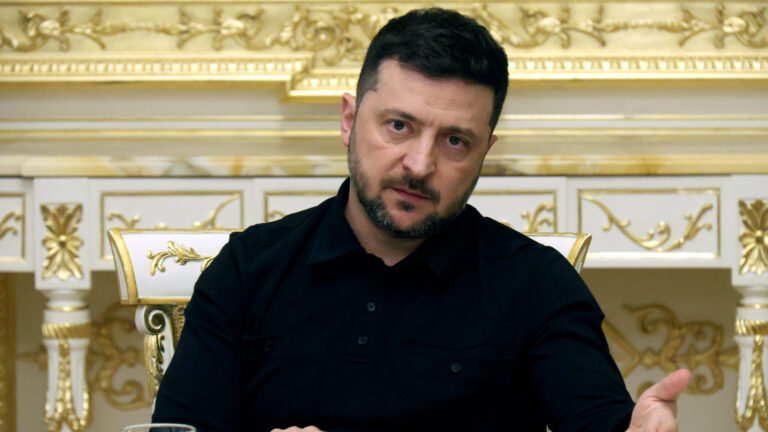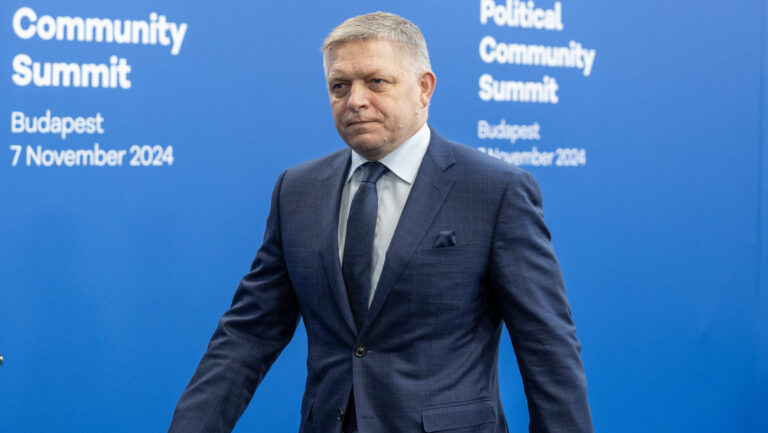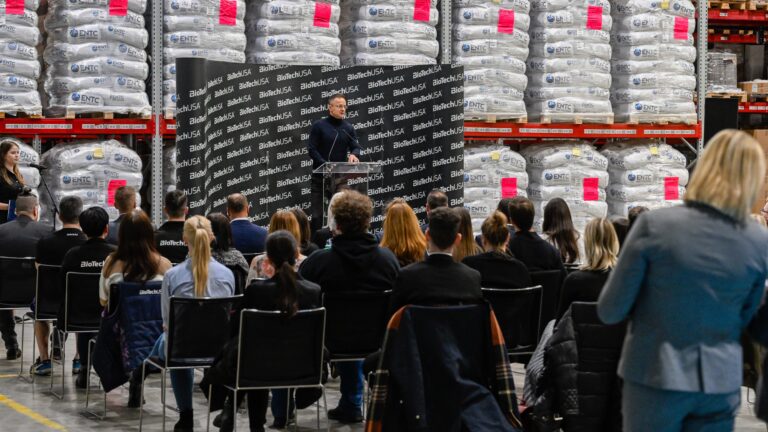The first day of the 5th Geopolitical Summit in Budapest concluded with a forceful speech by US Chargé d’Affaires Robert Palladino, who framed Hungary as a vital partner in what he called the renewal of Western civilization. The senior US diplomat tied the summit’s theme of forging order in chaos to the shared values of Hungary and the United States.
‘The very fact that so many statesmen, scholars, and thinkers have come together here in Budapest says something profound: the search for order is not only alive, it is urgent,’ Palladino said, thanking organizers for convening the event.
Palladino continued by acknowledging the instability of our times. ‘Yes, we live in turbulent times. Hopes for a liberal order can seem dated; strategic rivalries are sharper; and institutions that once promised stability must adapt or risk irrelevance,’ he argued. He recalled the recent assassination of American conservative activist Charlie Kirk as a tragic reminder of the stakes. ‘This murder is a stark reminder that political violence has no place in the West. Order must be forged not through violence, but through conviction, courage, and the clash of ideas,’ he said.
Palladino then insisted that chaos is not destiny. ‘Chaos is a test and an opportunity—a test of whether we remember who we are, an opportunity to reconnect to what we cherish,’ he said. ‘We are allies not merely because we share NATO membership or trade across the Atlantic. We are allies because we share a conviction: sovereignty, faith, family, and culture. These are not outdated; this is oxygen. Order matters. Families matter. Nations matter. Without them, nothing else endures.’
‘Order matters. Families matter. Nations matter. Without them, nothing else endures’
He contrasted this conviction with what he described as the prevailing outlook in Brussels. ‘Too often you hear the opposite—that sovereignty must be pooled, that borders are passé, that culture is something to be managed. America and Hungary know better. Nations that forget who they are cannot defend what they have,’ he said.
Palladino placed Donald Trump’s ‘America First’ foreign policy within this framework. ‘America’s alliances must rest not on abstract universalism but on shared civilizational commitments. That is why Hungary is not a partner of convenience; it is a partner of conviction,’ he declared.
He highlighted several concrete areas of cooperation. On security, he insisted that NATO’s strength depends on substance. ‘Paper promises do not keep the peace; real investment does,’ he said. On energy, Palladino described the United States as an energy superpower working with Hungary to diversify and secure supplies. ‘These are not just economic choices; they are questions of sovereignty,’ he said. On migration, he was blunt: ‘To surrender control of your borders is to surrender sovereignty itself—and to surrender your borders is to surrender your future. America has said so plainly. Hungary has not backed down.’ Finally, he argued that the family must be defended: ‘A nation that weakens the family weakens itself. Every civilization rises or falls on whether it protects its children.’
According to Palladino, sovereignty is the precondition for genuine international cooperation. ‘Sovereignty is not selfishness; it is national self-respect, and it is a precondition for cooperation. Nations that know who they are can work together; nations that forget cannot,’ he said.
He underlined Hungary’s importance within this vision. ‘At the crossroads of Europe, it has shown that a mid-sized state with clarity and purpose can punch far above its weight. Its defence of sovereignty and family is not a threat to the West; it is a reminder of what made the West strong in the first place,’ he said. While recognizing that tactical differences may exist, he emphasized broad alignment: ‘We may not agree on every tactic, but we share a conviction: civilization—not technocracy—must anchor the future of power.’
Looking ahead, Palladino called for building ‘networks of civilizational allies’, strengthening defence cooperation, expanding energy partnerships, and deepening trade and investment. ‘And we do it all while remembering who we are. That is how order is forged in chaos,’ he said.
He closed with a historical reminder: ‘Empires rise and fall, institutions come and go, civilizations endure. The challenge before us is to renew the bonds of civilization that tie us across the Atlantic. The United States stands with Hungary not as a patron, not as a critic, but as a civilizational ally determined to forge order in a time of chaos.’
Related articles:

